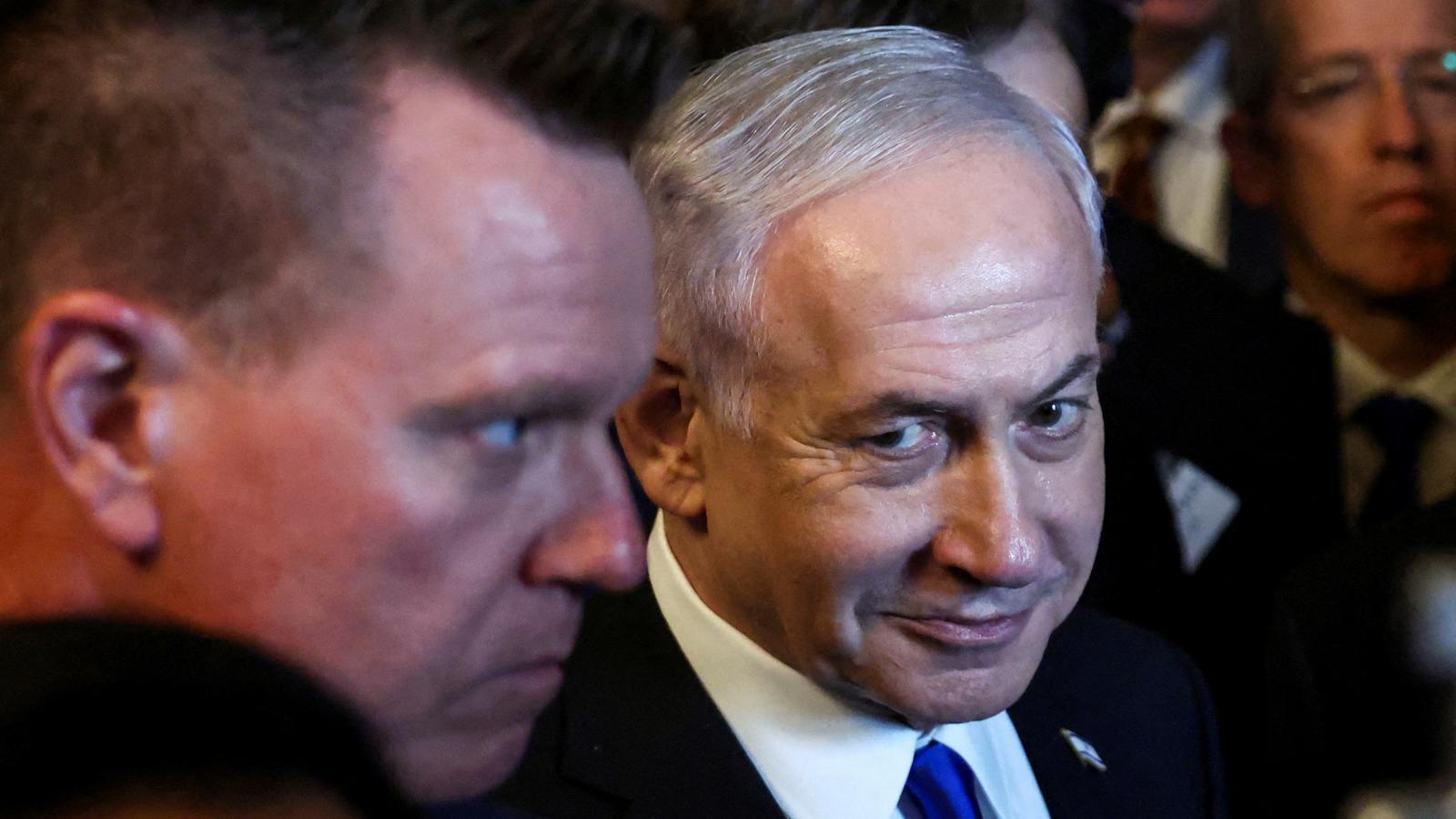Europe increases pressure on Netanyahu
France, Germany, and the United Kingdom are leading the shift in European policy on the situation in Gaza.

BerlinEurope, led by France, Germany, and the United Kingdom, has increased pressure on Israeli Prime Minister Benjamin Netanyahu in recent days to allow humanitarian aid to reach Gaza and put an end to the humanitarian catastrophe unfolding in the Strip. German Chancellor Friedrich Merz called the Israeli prime minister on Sunday. The purpose of the phone call, according to Berlin, was to: convey its "great concern over the catastrophic humanitarian situation in Gaza."
Merz urged Netanyahu to "do everything in his power to achieve an immediate ceasefire" and asked him to "provide now the humanitarian aid that the starving civilian population of Gaza urgently needs," according to federal government spokesman Stefan Kornelius. "This aid must reach the civilian population quickly, safely, and to the extent necessary," the chancellor demanded, adding that "The measures announced by the Israeli government must now be quickly followed by substantial additional steps."
Merz also informed Netanyahu that his government will closely monitor developments in Gaza. He assured the Israeli prime minister that, for the German federal government, "there is no doubt that the cruel and inhuman terror" perpetrated by Hamas in its attack on Israel on October 7, 2023, "triggered the fighting in Gaza." Far from recognizing the Palestinian state, he insisted that the Palestinians should be free from any recognizing the Palestinian state.
Merz reiterated to Netanyahu that recognition of the Palestinian state "is not currently on Berlin's agenda" and that the German government continues to consider it "one of the last steps on the path toward achieving a two-state solution." French President Emmanuel Macron announced a few days ago that France will recognize the Palestinian state in September, a decision that has been harshly criticized by Israel and the United States. For now, Germany and the United Kingdom are resisting this step.
Specifically, London also urged this Sunday to accelerate access of humanitarian aid to Gaza and to achieve a ceasefire that would end the war, considering that "humanitarian suffering in Gaza has reached new heights," in the words of British Foreign Secretary David Lammy. The Downing Street representative warned that the pause announced by the Israel Defense Forces to allow the opening of humanitarian corridors and the resumption of aid deliveries is "essential, but long overdue."
"This announcement alone cannot alleviate the needs of the people desperately suffering in Gaza," London said. "While airdrops will help mitigate the worst of the suffering, land routes are the only viable and sustainable means of delivering aid to Gaza," the British Foreign Minister warned.
Change of tone
The leaders of France, Germany, and the United Kingdom, known as the E3 group, have stepped up their contacts in recent days to pressure Netanyahu, as the humanitarian situation worsens daily. British Prime Minister Keir Starmer, Macron, and Merz discussed the dire humanitarian situation in the Gaza Strip by phone on Friday and Saturday. The British Prime Minister explained to his European colleagues by phone that the United Kingdom will continue with its plans to collaborate with partners such as Jordan in the airdrop of humanitarian aid and the evacuation of children in need of medical assistance.
